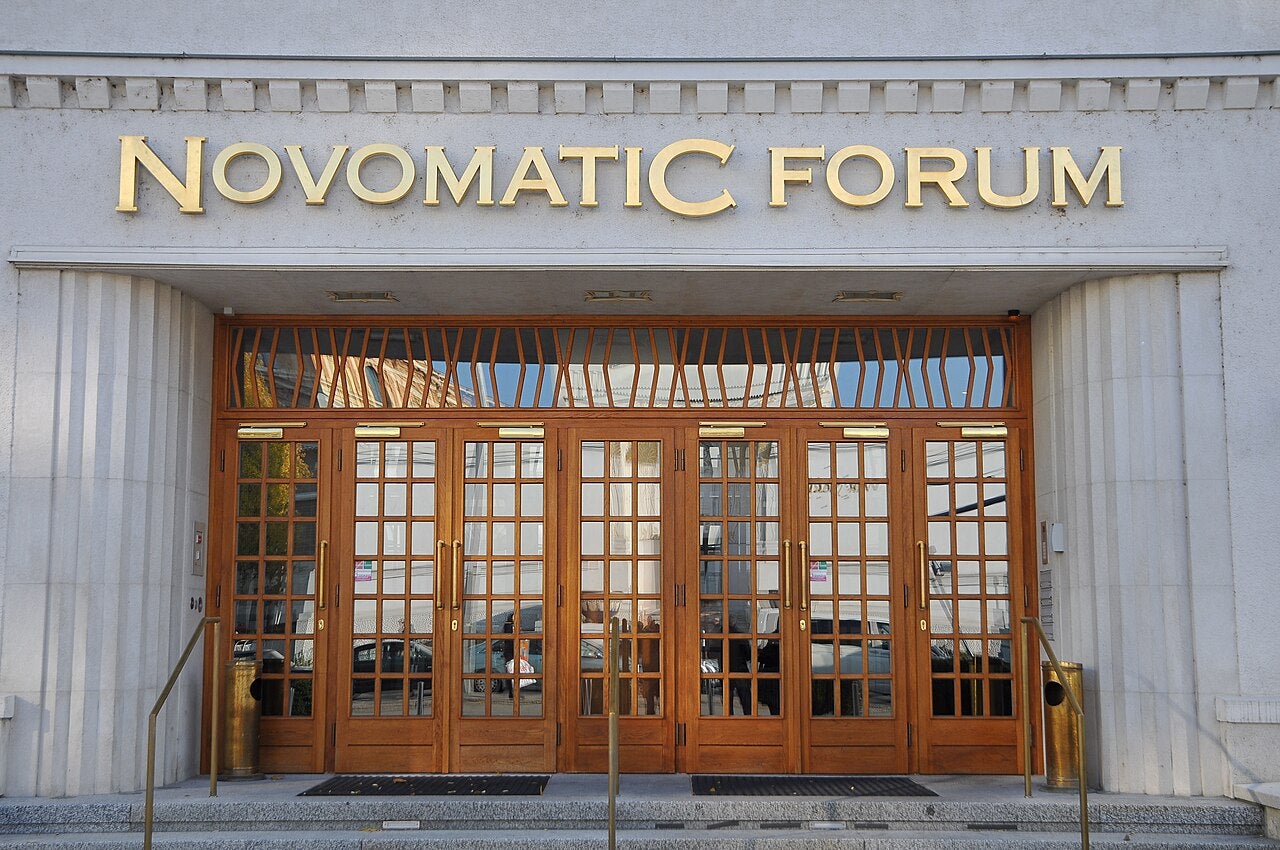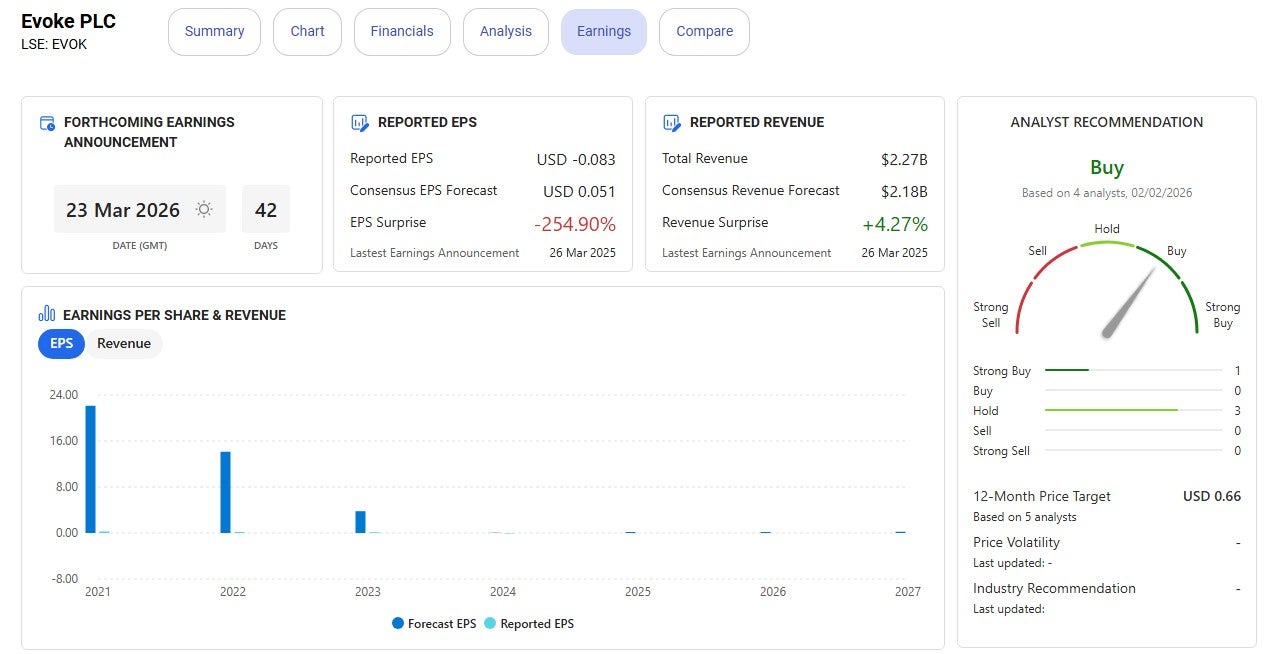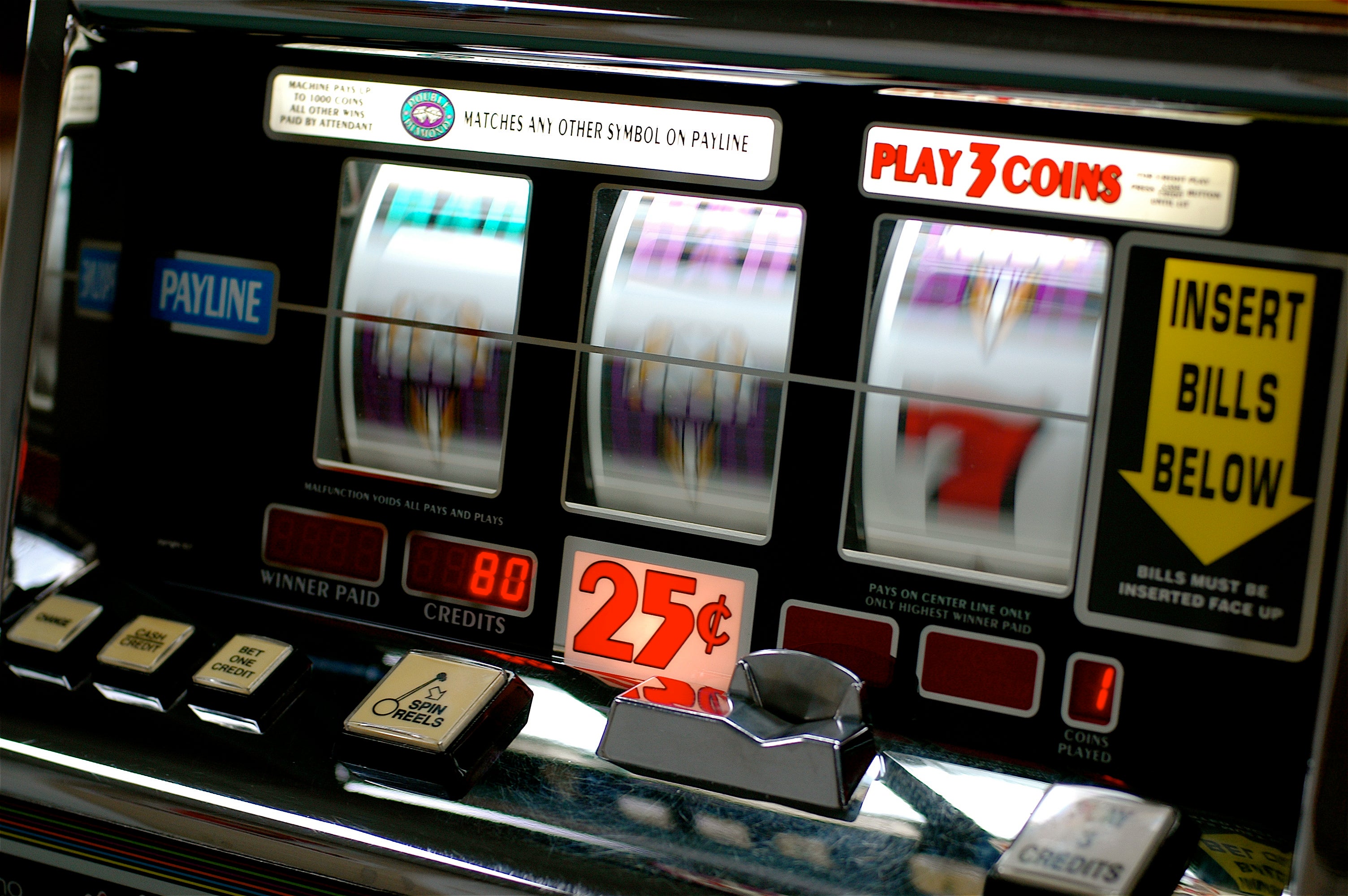Already got it covered
Landry said that plans to combat illegal gambling, including sweepstakes platforms and offshore sports betting platforms, are being created with the LGCB’s guidance. He also said that there had been several successful recent cases in which Louisiana took down illegal operators.
“This bill is a solution in search of a problem that is already being solved by our current system, and some of the language in this bill is overly broad and could be interpreted in an adverse manner which may harm or impede our current enforcement actions taken against these bad actors,” Landry said in his veto letter shared on The Closing Line on Thursday.
Landry also said that the LGCB, the Louisiana State Police Gaming Enforcement Division, and the Louisiana Attorney General’s Office all play a pivotal role in maintaining a safe gaming environment.
The Governor could’ve made legislators’ jobs easier if he had signed the bill. However, the sweepstakes casino ban is not completely dead even after the veto.
Louisiana’s congress can override a governor’s veto with a supermajority vote, or two-thirds support in both the House and Senate. That wouldn’t be much of an issue on paper, since the bill was approved by an aggregate count of 138-0.
However, it is not expected to happen.
Dealing with the illegal gambling market
Only three times since Louisiana’s Constitution was approved in 1974 has a veto been overridden, and only one of those came in a veto session. That occurred in 2022, when the Republican-controlled legislature overrode Gov. John Bel Edwards’ (D) veto of a congressional redistricting map.
Landry said on Thursday he planned to call a special legislative session since the Regular Sessions convened that same day.
The vetoed bill aimed to classify dual-currency gambling platforms as illegal. That applies directly to sweepstakes casinos, which involve the use of sweeps coins and gold coins instead of traditional currency to play online games.
Platforms found to have been offering these dual-currency games could’ve been charged $10,000-100,000 and sentenced to a maximum of five years in prison.
State gaming regulators can still take aim at illegal operators despite the veto. Many state officials have found success using cease-and-desist orders as a way to shut down nefarious operators.
New York Attorney General Letitia James just last week announced that her office shut down 26 online sweepstakes platforms.
Meanwhile, Connecticut Governor Ned Lamont (D) this week signed a bill that effectively banned sweepstakes casinos throughout the state.
























.jpg)










